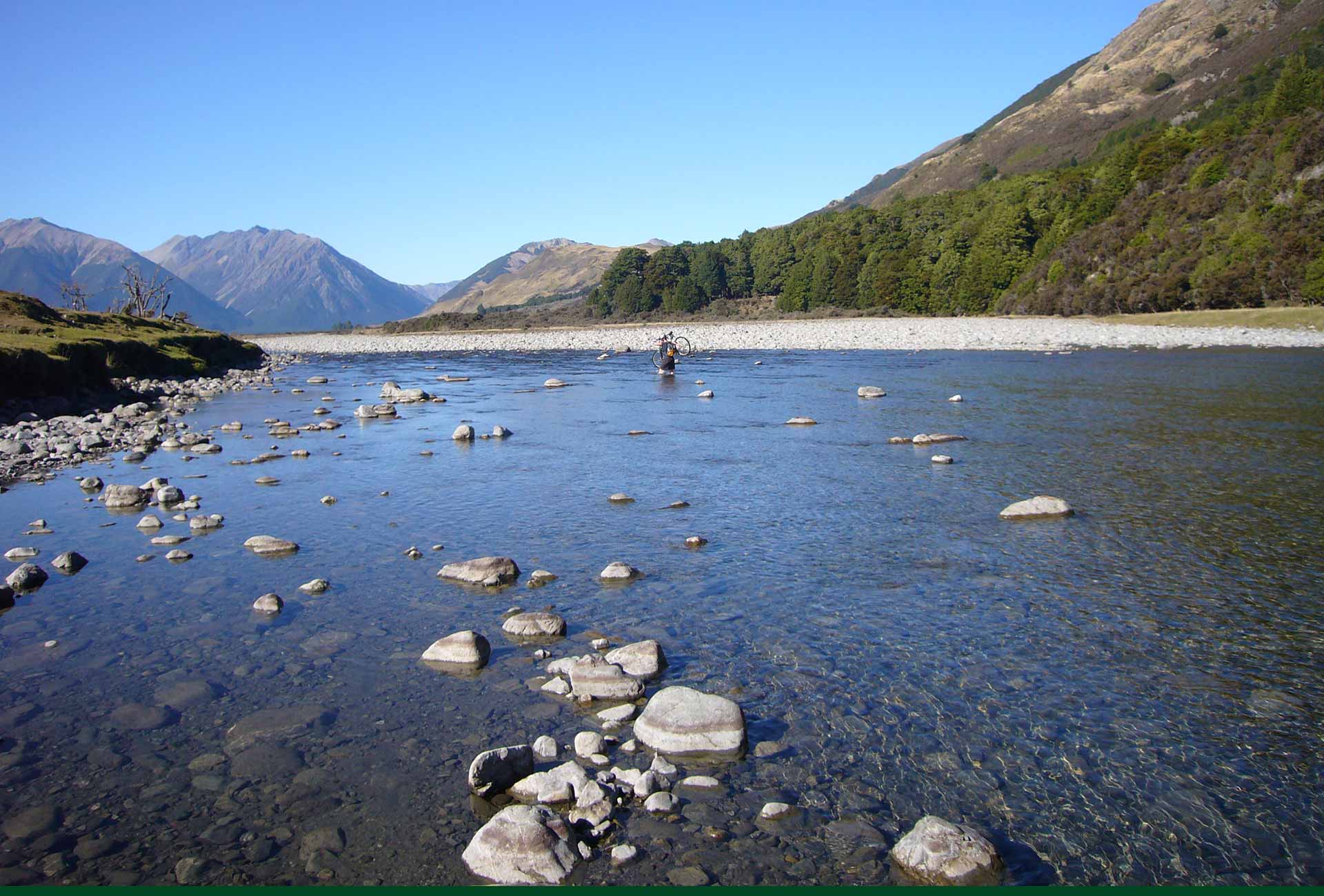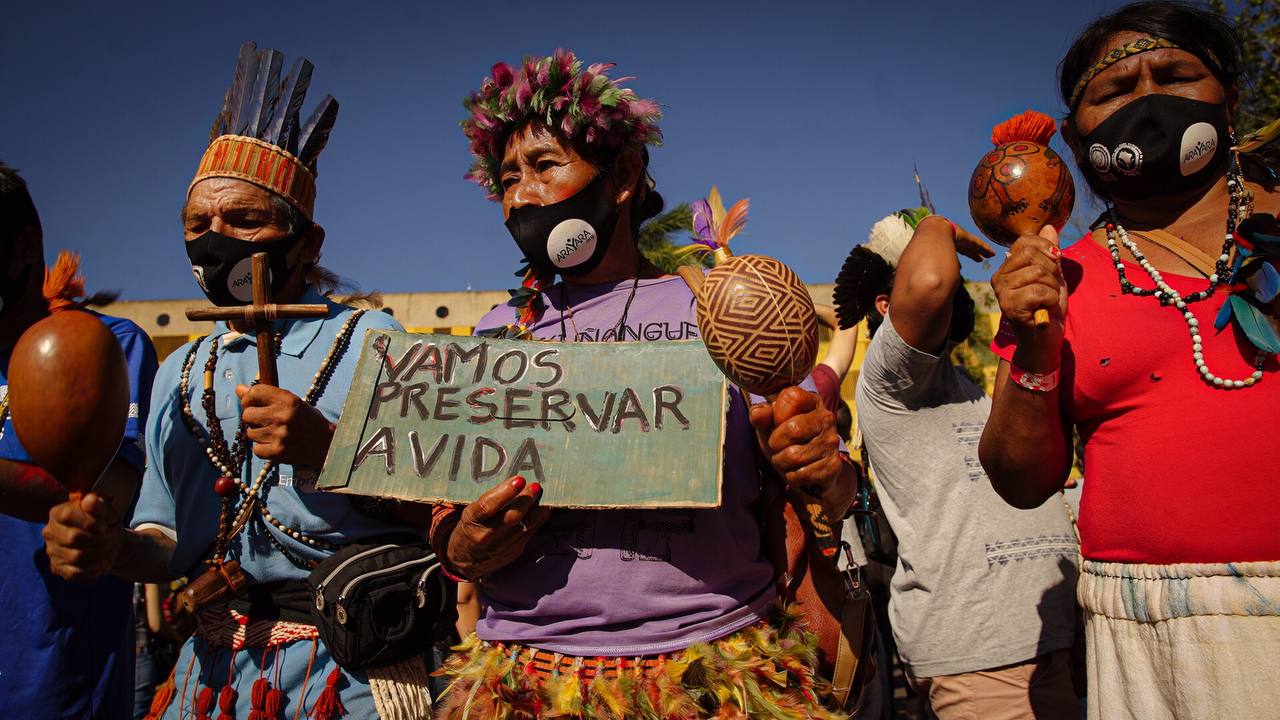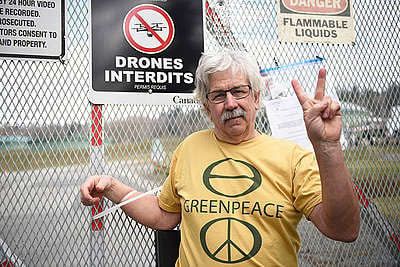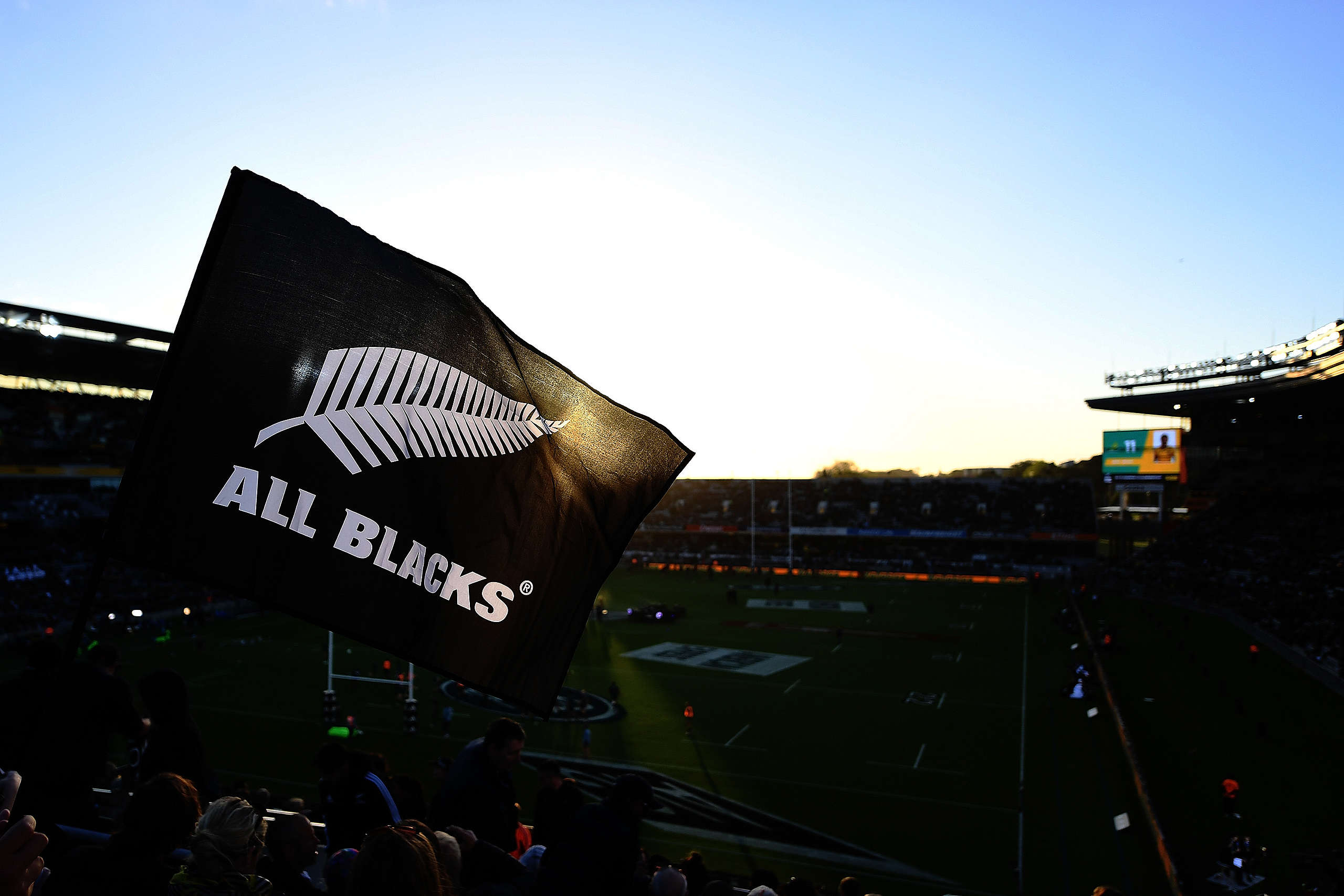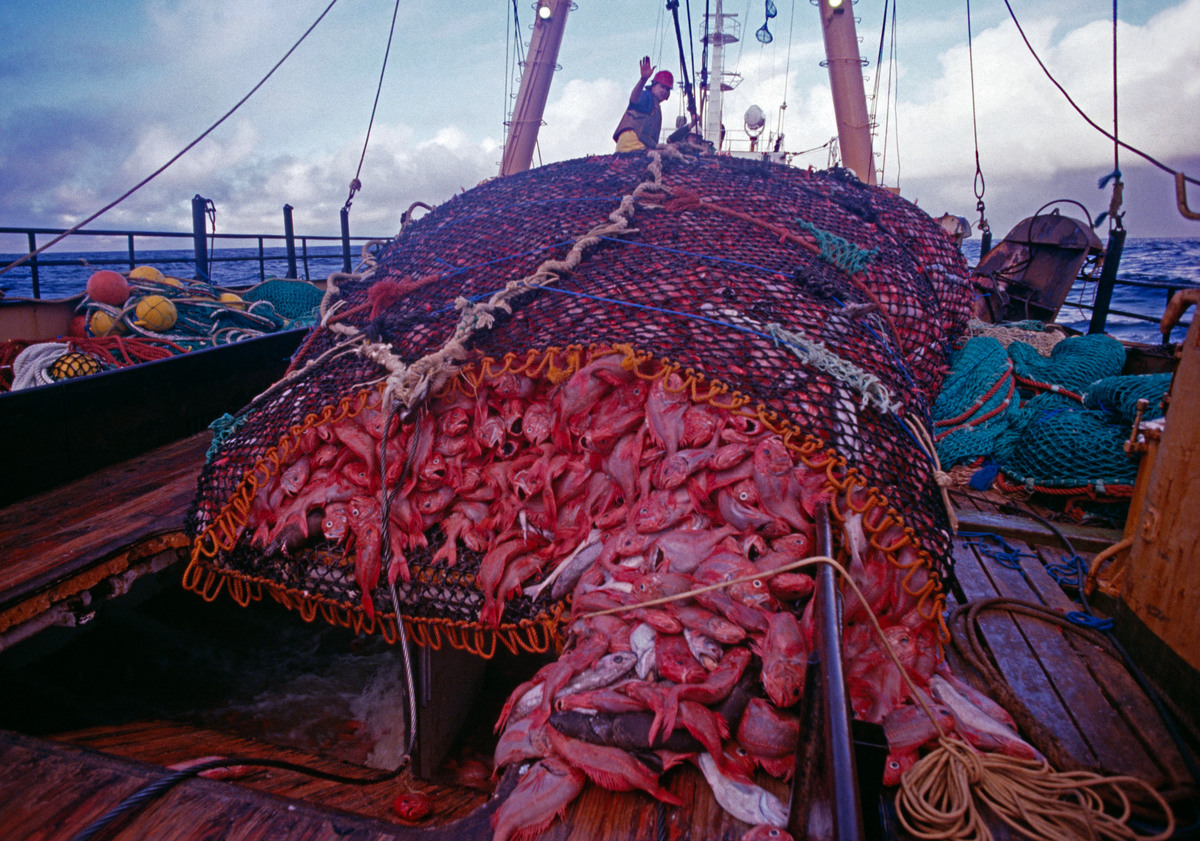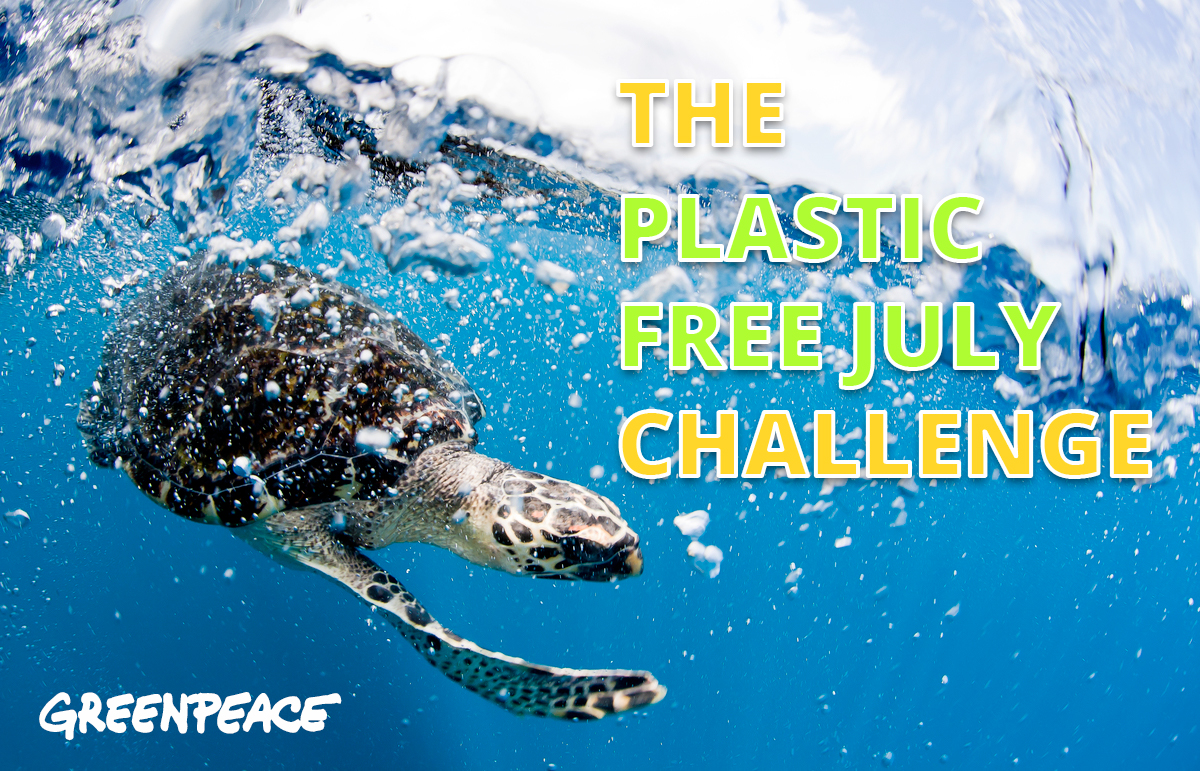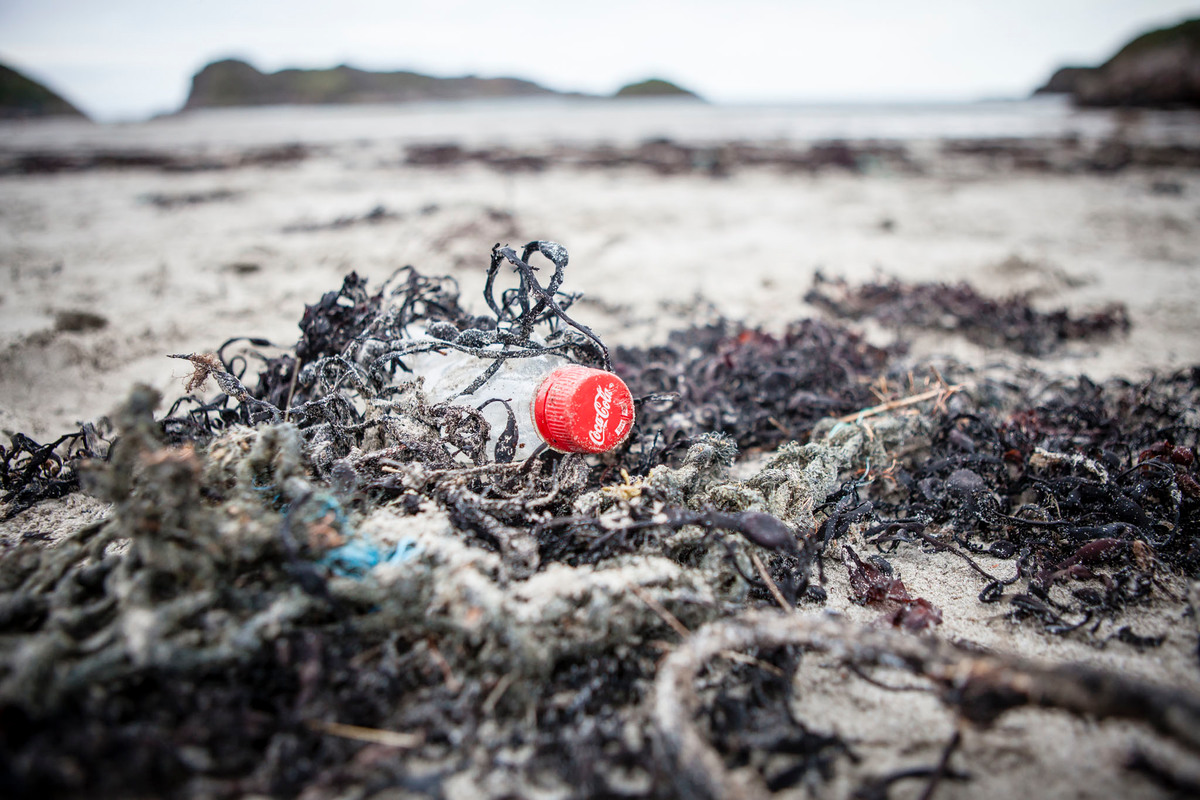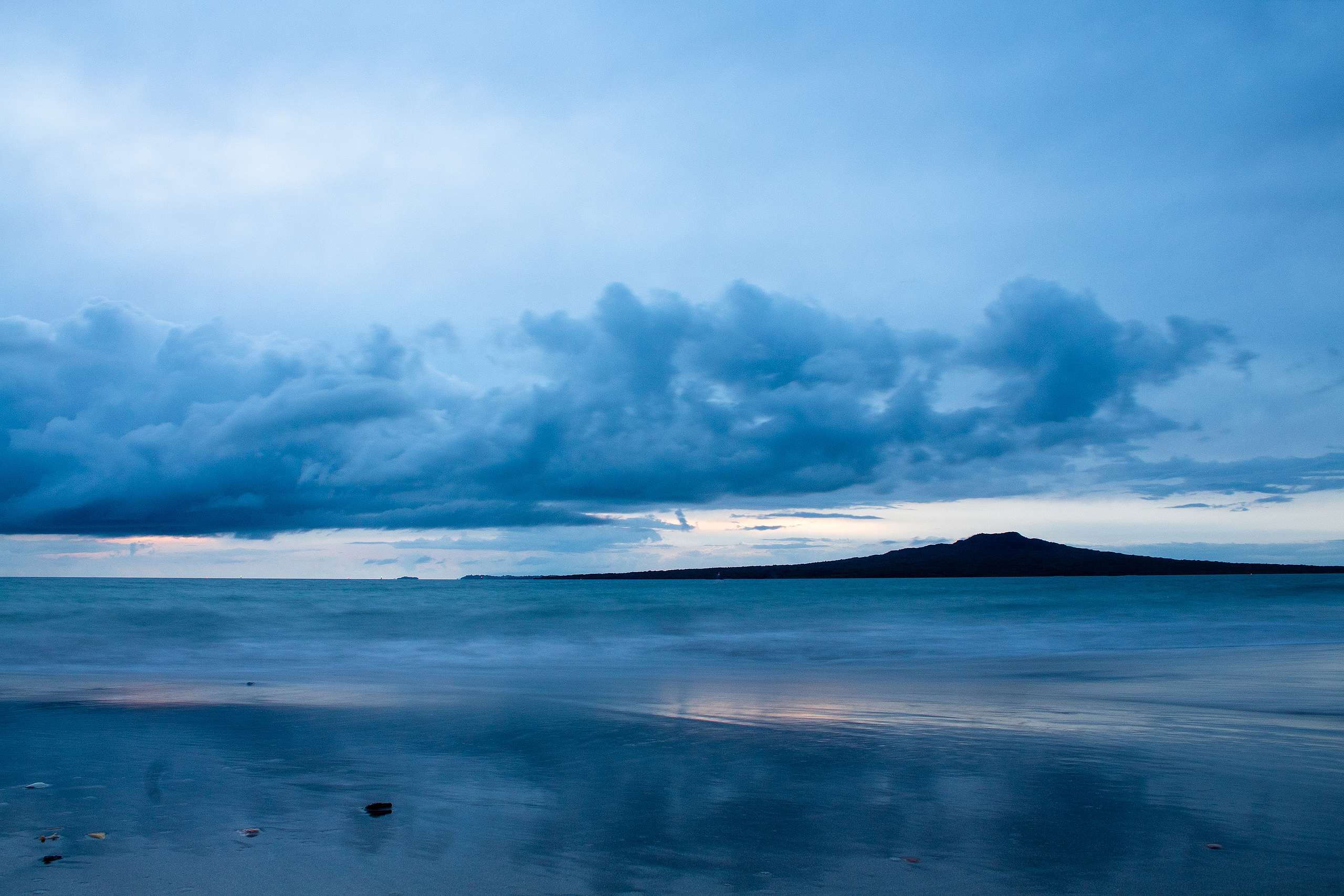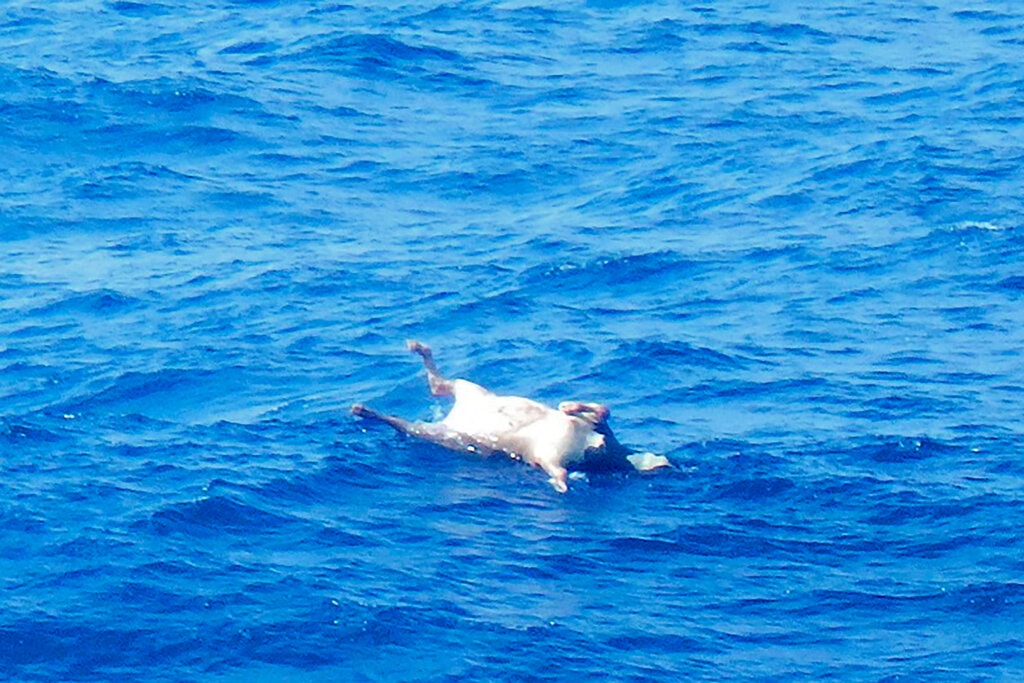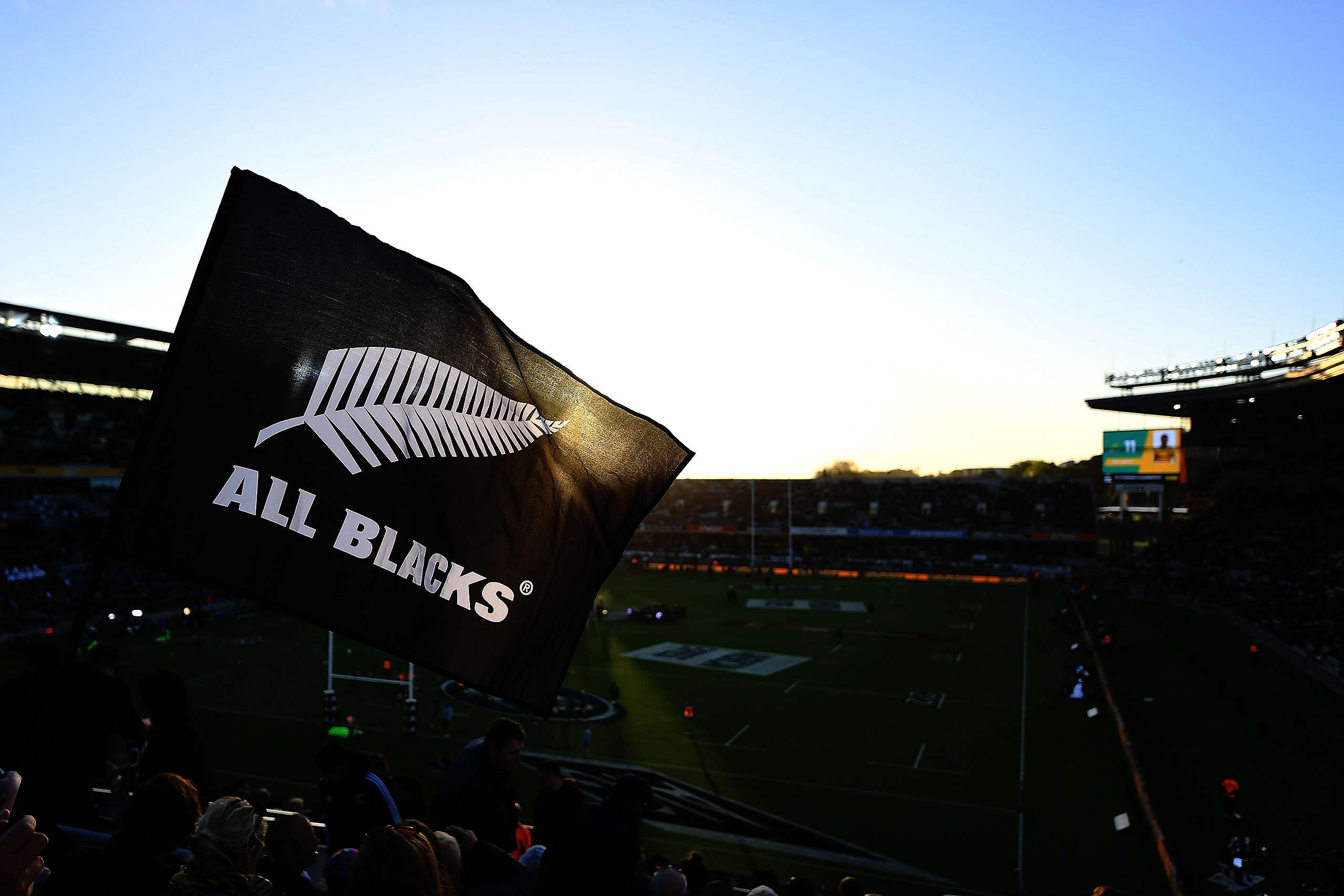Filtered results
-
Enviro NGOs call for ‘under one’ nitrate pollution limit for water
Four of New Zealand’s leading environmental organisations are urging the Government to defend native species and human health by setting a nitrate pollution limit of under 1mg per litre for…
-
Indigenous communities in danger of being erased from the map in Brazil
“We were already on this land before Brazil was Brazil,” —Eliseu Lopes, Indigenous leader
-
50 years of Greenpeace: Q&A with Rex Weyler
With Greenpeace’s 50th anniversary on the horizon, I was asked to host a series of virtual “mailbag” calls connecting activists across generations and regions.
-
All Blacks potential sponsor INEOS caught lobbying against rules to limit toxic microplastics
Trade groups representing the world’s biggest oil and chemical companies – including NZ Rugby’s prospective new sponsor for the All Blacks – INEOS, have been opposing a ground-breaking new proposal…
-
New Zealand bottom trawlers operate “most destructive fishery” in Australia
Australian conservationists are calling out the New Zealand bottom trawling fleet for operating the “most destructive fishery” in the country, as vessels from NZ currently trawl for orange roughy off…
-
Seven ways to go plastic free for Plastic Free July
At the start of Plastic Free July, the question on many people’s minds is this: How do I go plastic free? How can I use less plastic? Here are some answers.
-
Greenpeace welcomes single-use plastic phase-out but renews call to ban the bottle
Greenpeace is welcoming the Government’s announcement today of a plan to phase out more single-use plastics, but is calling for the ban to cover a wider range of products, including…
-
Hauraki Gulf bottom trawling restriction a win, now let’s go further
Greenpeace is welcoming the Government’s Sea Change plan, announced this morning, which details how the depleted Hauraki Gulf will be brought back from the brink.
-
Why the ban on live animal exports is a big deal
Banning live animal exports was a milestone moment for animal welfare in Aotearoa. The Government recently moved to ban live animal exports – the practice of shipping livestock such as…
-
Greenpeace congratulates new All Blacks team, renews call to dump INEOS oil industry sponsor
Greenpeace is congratulating the new All Blacks team named last night and renewing its call on NZ Rugby to ‘keep oil off the All Blacks’.

